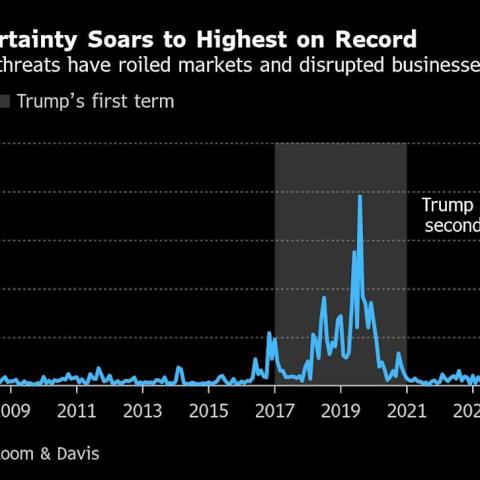The Colorado Insurance Commissioner recently revealed a concerning statistic: over a third of individuals who buy their own health insurance in the state may forgo coverage if subsidy extensions aren’t approved. This translates to about 110,000 people potentially left without insurance, a significant reversal of the gains achieved since the Affordable Care Act (ACA) was introduced.
Insurance Commissioner Michael Conway warned about the sweeping impacts this could have. “The ripple effects of this are going to be massive,” he noted. The potential increase in uninsured individuals could harm Colorado’s healthcare landscape and strain already struggling healthcare providers and businesses.
The roots of this issue lie in the pending federal reconciliation bill, which poses risks to vital health coverage. Essential subsidies that help many afford insurance are set to expire. Without these, Colorado’s estimated loss in federal funding for insurance could reach around $328 million, with premium prices potentially doubling for many by 2026. Governor Jared Polis has voiced his concerns, stating in a letter to Congress, “This bill will increase costs on hardworking Coloradans.”
Many individuals currently benefit from enhanced subsidies, which were introduced during the pandemic. These financial aids made insurance more accessible, especially to those earning less than 400% of the poverty line. Indeed, about 80% of the 300,000 people utilizing Colorado’s health exchange, Connect for Health Colorado, rely on these subsidies. If the enhanced subsidies end, people may face daunting costs, leading to a dramatic increase in the uninsured rate.
Additionally, Colorado’s reinsurance program, developed to stabilize premiums by covering high-cost claims, may face significant cuts. Since its implementation in 2019, it has saved residents over $2.1 billion. However, Conway predicts that federal funding for this program could drop by around $100 million annually. This reduction could lead to increased premiums of 7% to 16%, especially affecting rural communities. States with similar reinsurance programs, such as Montana, showcase the benefits—where average premiums differ starkly compared to states that lack such support.
The Affordable Care Act also includes provisions aimed at reducing out-of-pocket expenses for those slightly above the income threshold for Medicaid. This practice, colloquially known as “silver loading,” has allowed insurers to cover costs effectively. However, the reconciliation bill threatens to end this mechanism, resulting in a projected 39% premium increase. Conway indicated this could push an additional 30,000 to 35,000 Coloradans out of coverage.
As this situation unfolds, new sentiments are echoed across social media and local discussions. Many Coloradans are expressing concern and frustration, fearing for their health security. The conversation around health insurance reform remains critical, especially as the implications of policies continue to evolve.
In sum, the potential cuts to subsidies and reinsurance threaten the health safety net in Colorado. As discussions continue in Congress, the future remains uncertain. Policymakers are urged to prioritize affordable healthcare to prevent backtracking on hard-won gains.
For more detailed information on the overlap of health policies and their implications, you can check the latest insights from the Kaiser Family Foundation.
Source link
Affordable Care Act,Colorado Division of Insurance,Connect for Health Colorado,Division of Insurance,health insurance,Obamacare





















